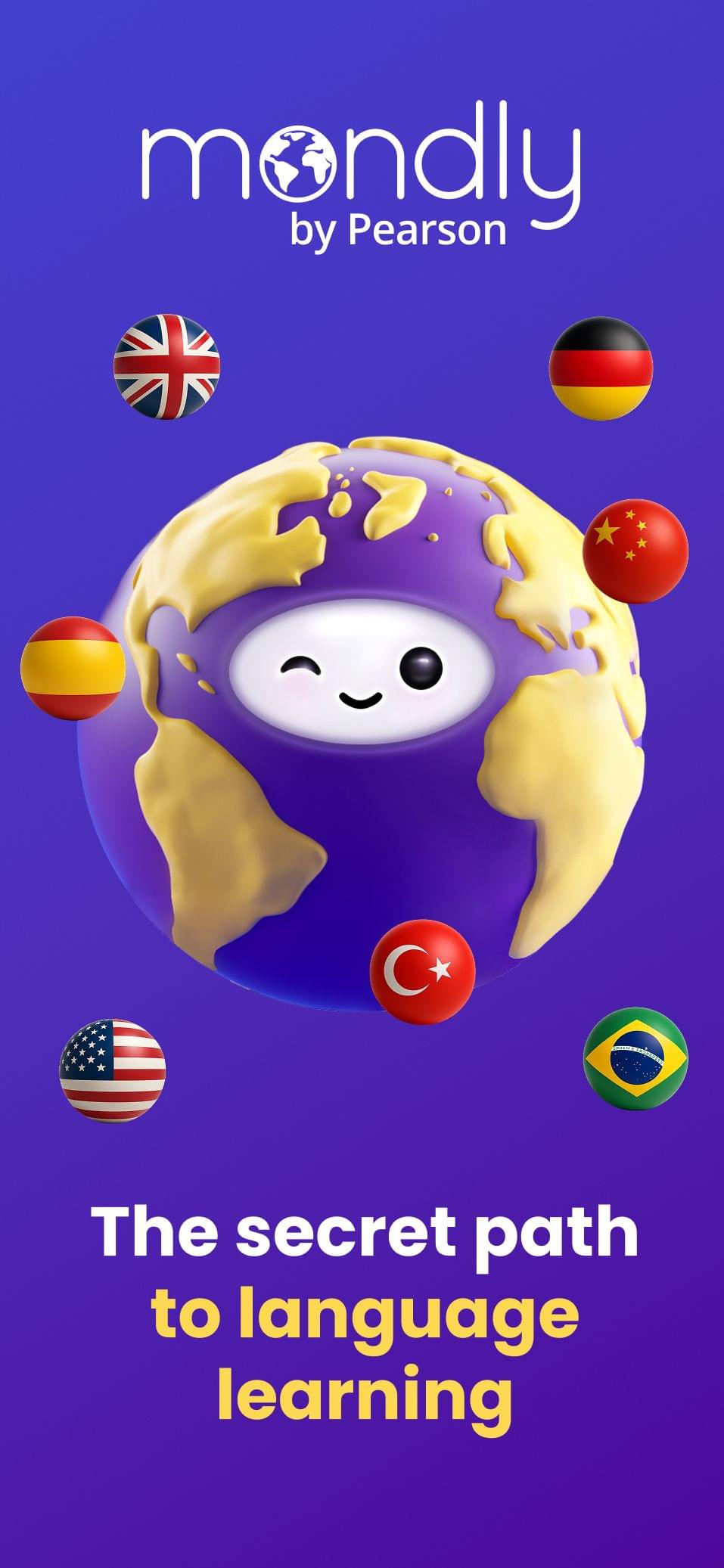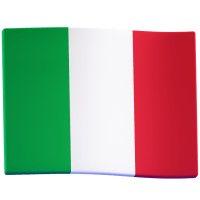Your Fast Track to Hebrew Fluency
Speak Hebrew Clearly and Confidently
Isn't speaking Hebrew from day one a more exciting way to begin your language journey?
Our language specialists have identified the best method to master Hebrew quickly: immersive listening. Your brain naturally absorbs languages better by hearing them, so Mondly integrates authentic Hebrew audio deeply into each lesson:
Hear native Israeli speakers using Hebrew naturally and clearly & Learn precise pronunciation effortlessly—from distinctive guttural sounds to nuanced vowel differences.

Start Speaking Hebrew Immediately
Learning by actively speaking is a proven strategy that dramatically boosts fluency in Hebrew. The secret to success is consistent practice—so why wait? Each phrase features pronunciation from native Hebrew speakers.
1. שלום. = Hello.
First impressions can open doors—so start strong! Even learning a simple "שלום" (shalom, "hello") can completely transform your interactions with Israelis. Listen carefully to the pronunciation, and confidently begin your Hebrew conversations.
שלום.
2. מה נשמע? = How are you?
Wondering how to politely continue a conversation after saying hello? Asking "מה שלומך?" (ma shlomcha?, "how are you?") in Hebrew shows genuine interest. Listen carefully—this essential phrase helps you smoothly engage in everyday Hebrew conversations.
מה נשמע?
3. מה שמך? = What is your name?
Traveling in Israel means meeting many new faces, from friendly fellow passengers to local hosts or taxi drivers. To ask someone’s name in Hebrew, say "איך קוראים לך?" (ech kor'im lecha?, informal) or "איך קוראים לך?" (ech kor'im lach?, informal feminine). Listen and master these practical phrases, enhancing your everyday interactions in Hebrew.
מה שמך?
4. נעים להכיר אותך. = Nice to meet you.
Locals warmly welcome your effort to speak Hebrew—it reflects respect and curiosity about their culture. When meeting someone new, use the phrase "נעים להכיר אותך" (na'im lehakir otcha, "nice to meet you"). Listen to the clear pronunciation and ensure your introductions leave a lasting impression.
נעים להכיר אותך.
5. בבקשה. = Please.
Good manners are at the heart of every culture, and Israel is certainly no exception. Israelis highly value politeness and respectful language. Knowing the right Hebrew expressions at the right moment can greatly enhance your interactions. To politely ask for something or simply show courtesy, use the Hebrew word ""בבקשה"" (bevakasha), meaning ""please"". It’s an essential word for anyone learning conversational Hebrew.
בבקשה.
6. תודה. = Thank you.
Our mothers taught us many important things, including the value of expressing gratitude. If you want to show appreciation in Hebrew, say ""תודה"" (todah), meaning ""thank you"". This short yet powerful phrase reflects kindness and respect—essential qualities when mastering Hebrew words for everyday conversations.
תודה.
7. על לא דבר. = You're welcome.
Courtesy speaks every language—and Israelis greatly appreciate polite exchanges. After receiving thanks, reply with "בבקשה" (bevakasha, "you're welcome"). Listen now, and master one of the cornerstones of respectful communication in Hebrew.
על לא דבר.
8. סליחה! = Excuse me!
It only takes about 7 seconds to leave an impression—one that could last forever. Often, the key to making a positive impression is as simple as saying ""סליחה"" (slicha), meaning ""excuse me"" in Hebrew. Listen carefully and learn the correct pronunciation—it’s essential for polite interactions when learning Hebrew!
סליחה!
9. כמה זה עולה? = How much does it cost?
Exploring markets or boutiques in Tel Aviv or Jerusalem? Knowing how to ask "כמה זה עולה?" (kama ze oleh?, "how much does it cost?") is incredibly helpful. Click and listen to confidently navigate shopping trips and enhance your Hebrew-speaking skills.
כמה זה עולה?
10. להתראות. = Goodbye.
To wrap up conversations on a friendly note, say goodbye just like a local would. In Hebrew, simply say "להתראות" (lehitraot, "goodbye"). Here’s exactly how to pronounce it clearly and confidently.
להתראות.
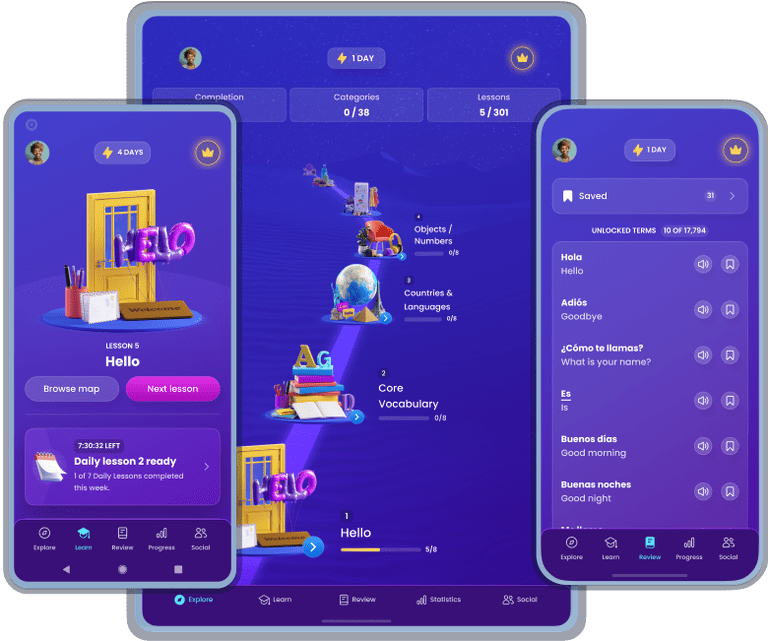
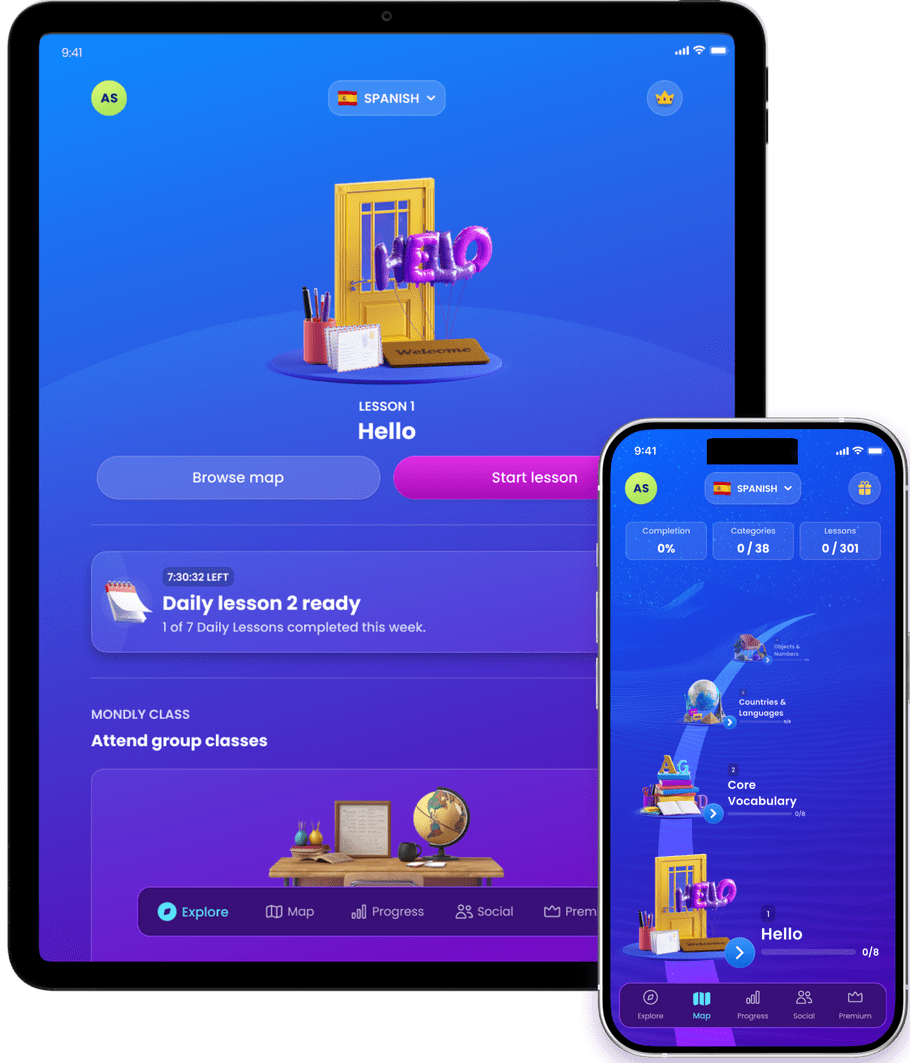
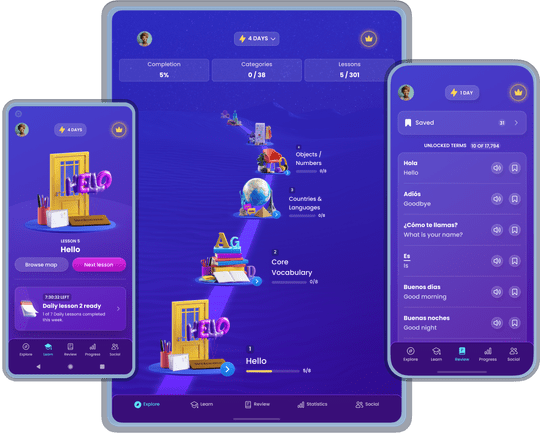

1 000 000+ + Ratings
Mondly was named "Editors' Choice" in Google Play and "Best New App" by Apple.
Practice Hebrew Conversations and Perfect Your Accent
- • Speaking exercises integrated directly into every Hebrew lesson.
- • No need to search for conversation partners or book a trip to Israel.
- • Practice anytime with the innovative Mondly Chatbot, powered by advanced AI.
- • The Chatbot understands your Hebrew responses and engages naturally, just like a native speaker.
- • Enjoy judgment-free, immersive practice sessions.
Millions around the world rely on Mondly’s conversational AI to master Hebrew comfortably and confidently.
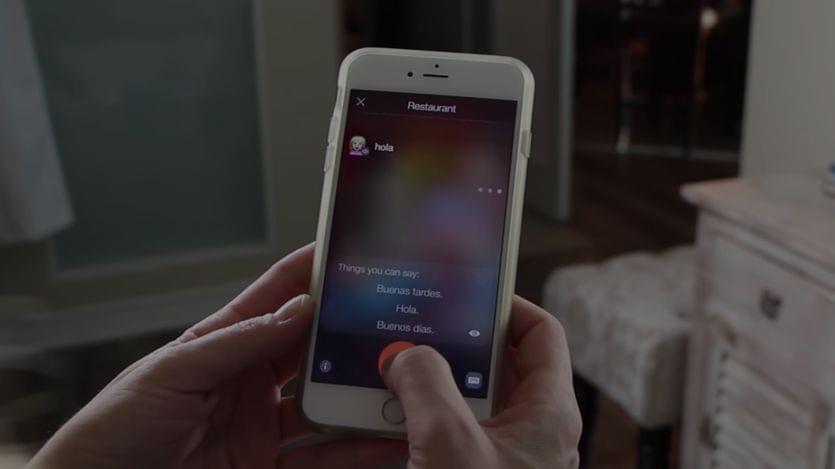

Experience Hebrew Conversations in Virtual Reality
• Experience language learning like never before with cutting-edge VR technology.
• Collaborations with expert linguists ensure authentic learning scenarios.
• Immersive VR makes language acquisition engaging and highly effective.
Mondly VR, a revolutionary virtual reality application designed specifically to boost your Hebrew-speaking skills. Simply wear your VR headset and instantly find yourself transported to authentic scenarios in Israel:
• Order delicious local dishes at a lively café in Tel Aviv.
• Chat with friendly locals on a bus ride through Jerusalem’s historic streets.
• Check into a charming guesthouse overlooking the beaches of Eilat.
Ever felt that moment of hesitation when someone suddenly addresses you in Hebrew? With Mondly VR, you can practice such scenarios comfortably and repeatedly, all from the privacy of your home:
• Simulate real Hebrew conversations without stress or pressure.
• Practice at your own pace and refine your responses instantly.
• Receive immediate feedback, helping you improve pronunciation, fluency, and confidence.
Mondly VR transforms your Hebrew-learning experience, making your journey toward fluency not only incredibly effective but also genuinely enjoyable.


Fascinating Facts About the Hebrew Language

• International business and startups
• Technology and innovation sectors
• Diplomacy and international relations
• Art, design, and media industries
Hebrew fluency also provides an easier entry into other Semitic languages, broadening your cultural and linguistic perspectives even further.
Hebrew stands out among languages with its rich historical layers, distinct accents, and fascinating linguistic heritage, offering learners unique insights into Israel’s diverse cultural tapestry. Modern Hebrew (עברית מודרנית - Ivrit Modernit) is the standardized form most learners encounter, but exploring its variations adds depth and understanding for anyone passionate about languages.
While Modern Hebrew is universally spoken across Israel, several accents and speech patterns distinguish its speakers. Here are a few notable examples:

Unlock the Amazing Benefits of Speaking Hebrew

Speak Hebrew and Connect with Millions Worldwide
Learning conversational Hebrew is an incredibly rewarding skill. It allows you to communicate confidently during visits to Israel and to connect meaningfully with Hebrew-speaking communities worldwide. Mastering Hebrew enhances your travel experiences, deepens cultural exchanges, and provides valuable insights into Israel's rich heritage, dynamic society, and vibrant culture.

Enrich Your Travels in Israel by Speaking Hebrew
No matter where your adventures in Israel take you—whether exploring bustling Tel Aviv, historic Jerusalem, vibrant Haifa, or scenic Eilat—speaking Hebrew will transform your journey. Knowing the local language enables you to fully immerse yourself in Israeli culture, interact authentically with locals, and appreciate the country's unique traditions and customs.

Boost Your Career by Speaking Hebrew
Knowing Hebrew significantly increases your career prospects and gives you a competitive edge in the job market. Hebrew proficiency unlocks doors to exciting job opportunities, promotions, and valuable positions within Israel's thriving economy and international companies worldwide. Israel’s prominence in innovation, tech, and global business makes Hebrew language skills especially valuable.

Improve Your Cognitive Abilities by Speaking Hebrew
Studies have shown that learning multiple languages, including Hebrew, enhances brain function, improving memory, problem-solving skills, and cognitive flexibility. Adding Hebrew to your language skillset not only connects you deeply with Israel’s vibrant culture but also boosts your mental sharpness. Start your Hebrew journey today and experience firsthand the cognitive benefits of mastering a new language.




